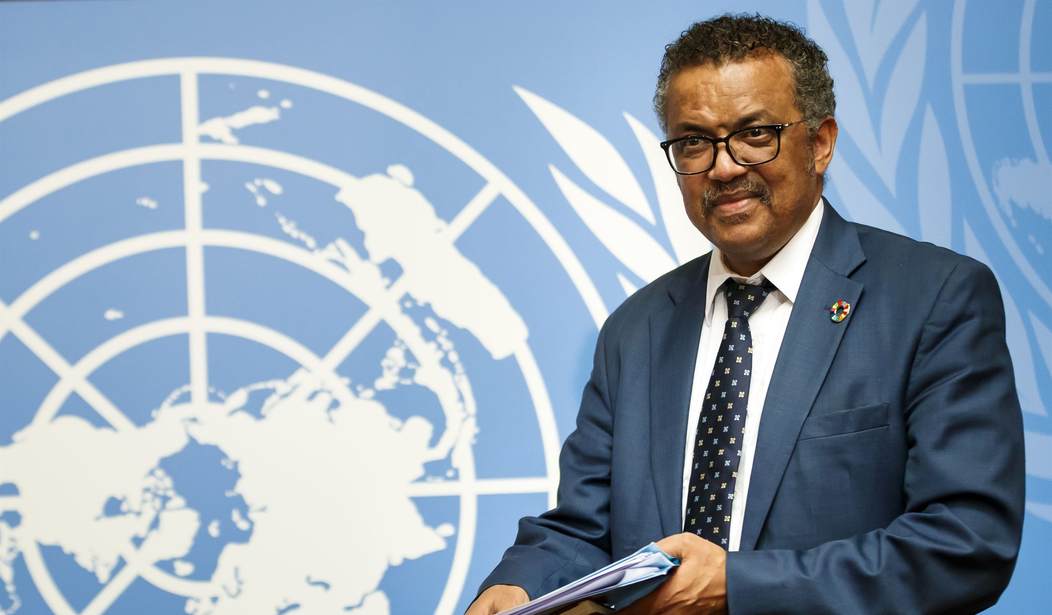As you likely heard already, on Monday, Trump withdrew the United States from the World Health Organization (WHO), citing the organization’s “mishandling of the COVID-19 pandemic that arose out of Wuhan, China, and other global health crises, its failure to adopt urgently needed reforms, and its inability to demonstrate independence from the inappropriate political influence of WHO member states.”
Trump also cited the fact that the United States contributes a disproportionate amount of money to the WHO: “In addition, the WHO continues to demand unfairly onerous payments from the United States, far out of proportion with other countries’ assessed payments. China, with a population of 1.4 billion, has 300 percent of the population of the United States, yet contributes nearly 90 percent less to the WHO.”
These are all fair criticisms, and naturally, the WHO is whining about it.
“The World Health Organization regrets the announcement that the United States of America intends to withdraw from the Organization,” the organization said in a statement. “WHO plays a crucial role in protecting the health and security of the world’s people, including Americans, by addressing the root causes of disease, building stronger health systems, and detecting, preventing and responding to health emergencies, including disease outbreaks, often in dangerous places where others cannot go.”
Does it, though?
The statement continued:
The United States was a founding member of WHO in 1948 and has participated in shaping and governing WHO’s work ever since, alongside 193 other Member States, including through its active participation in the World Health Assembly and Executive Board. For over seven decades, WHO and the USA have saved countless lives and protected Americans and all people from health threats. Together, we ended smallpox, and together we have brought polio to the brink of eradication. American institutions have contributed to and benefited from membership in WHO.
With the participation of the United States and other Member States, WHO has over the past 7 years implemented the largest set of reforms in its history, to transform our accountability, cost-effectiveness, and impact in countries. This work continues.
We hope the United States will reconsider and we look forward to engaging in constructive dialogue to maintain the partnership between the USA and WHO, for the benefit of the health and well-being of millions of people around the globe.
As far as I'm concerned, the World Health Organization (WHO) can cry me a river. The U.S. pays disproportionately more than China, despite both being major powers and China having a significantly higher population. This imbalance is particularly galling given the WHO's questionable actions during the COVID-19 crisis, where it seemed to favor China, potentially slowing global response and costing lives.
Recommended: Trump Goes After the 51 Intel Officials Who Lied About Hunter’s Laptop, Interfered With Election
Why should we trust an organization that protects China? And why should the U.S. continue funding a body accused of corruption unless there's reform? Contributions should be based on a fair scale.
Until the WHO commits to transparency, accountability, and equal treatment of all nations, the U.S. has little reason to belong to it. Perhaps the WHO should commit to reforming itself instead of criticizing Trump.










Join the conversation as a VIP Member